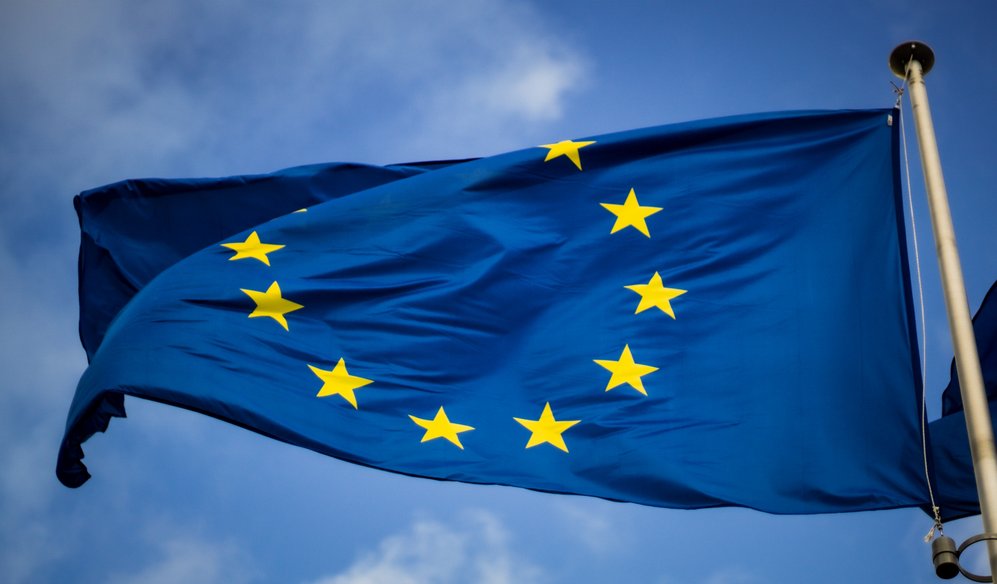Council’s position on labelling and traceability
While the Commission and Council only want seed labelling for NGT1 plants, the Parliament has spoken out in favour of labelling for category 1 NGT plants, plant reproductive material and products containing or consisting of category 1 NGT plant(s) throughout the entire supply chain right up to the product on the supermarket shelf. The label should read ‘New Genomic Techniques’. This decision is even more important because, according to a study by the Federal Agency for Nature Conservation, 94% of the NGTs currently in the companies' pipelines fall under category 1*.
For category 2 NGTs GMO labelling is mandatory according to all three institutions.
In addition, Parliament voted for the traceability of all NGTs, different from the Council and Commission. According to the Parliament, at each stage of their marketing, information must be transmitted and retained for any products that contain or consist of NGT plants and products. Each NGT must also have a unique code.
To summarize: In the Council there was no majority in favour of labelling and traceability for all NGTs, essential for all food producers and retailers who want to continue to have no GMOs (old and new ones) in their supply chains or just want to keep their entrepreneurial freedom of choice. And it is just as important for consumers, who want to decide for themselves whether they want to buy and eat New GMOs.
Council on detection methods
Of all three institutions, the Council is the only one that is in favour of detection methods for NGT1 plants. Even if "the introduced modifications of the genetic material are not specific to the NGT plant in question”, and “they do not allow the differentiation of the NGT plant from conventional plants” (…) “an analytical method should still be provided by the notifier or applicant.” This should apply with the following restriction: “if duly justified, the modalities to comply with analytical method performance requirements should be adapted.”
Mandatory detection methods for NGT1 plants would be a major relief for the European food sector. They would have analytical methods at their disposal that would allow them to know whether NGT 1 plants are present in their supply chains. Conventional and organic Non-GMO producers in particular would have another option in addition to traceability, to guarantee that their products are Non-GMO.
Council’s position on patents
The Council and Parliament take completely opposing positions on patents. While the Parliament wants to ban patents on NGT plants, plant material, parts thereof, genetic information and the process features they contain, the Council is only in favour of a voluntary, non-binding transparency, unverified by any authority. During the verification procedure, whether an NGT falls under category 1, the requester shall (is not obliged to) “submit a written statement identifying patents claiming modifications of biological material of the NGT plant resulting in particular traits, or published applications for granting such patents, or declaring the absence of such patents or published applications for granting such patents (patent information).” This information “shall not be subject to verification and shall only have declaratory value”. It will be listed in a publicly available database.
Furthermore, the Council wants to have a patent expert group installed immediately after the legislation has been adopted. The Council also wants the Commission to present a study on patents and their impact on innovation and on breeders’ access to plant genetic material and techniques one year after the new legislation has been entered into force.
Even if the Parliament’s position is strong and clear, its implementation has a catch: To exclude category 1 NGTs from patentability, the Parliament agreed to amend Directive 98/44/EC on the legal protection of biotechnological inventions; but the legal impact is questionable – this amendment will not exclude category 1 NGTs from patentability. It is the European Patent Convention that must also be amended. However, even if the European Union is a member, a respective amendment must be supported by all contracting states; the probability of this happening is close to zero.
Both institutions, Council and Parliament, failed to solve the major problem linked to patents: Only large seed companies will benefit from New GMOs because they already hold a large number of patents, including basic patents on techniques like CRISPR/Cas. As patent holders, they control access to genetic material and new genomic techniques, allowing them to set prices and increase their dominance in the seed market.
How will the trilogue proceed?
Predicting an outcome at this stage is pure guesswork. The Parliament, the Council and the Commission can - in theory - agree on a joint law quickly, or they could negotiate for a long time. There is no time limit. Before the trilogue starts, Member States will inform the Presidency about their priorities and red lines, and the Parliament’s shadow rapporteurs will do the same with the rapporteur. This will bring all open and unresolved issues back to the table.
Labelling of NGT1 plants and products, patents and the definition of which NGT plants fall under category 1 could become particularly controversial.
The new law will be passed when the Council reaches a qualified majority (this is a majority of countries, or 55%, comprising at least 15 of them, that represent 65% of the population) and the Parliament reaches a simple majority. The law must be applied two years after it comes into force.
In any case, the old trilogue wisdom applies: Nothing is agreed until everything is agreed.
---
* [1] Federal Agency of Nature Conservation (2024): Where does the EU-path on new genomic techniques lead us? https://www.frontiersin.org/journals/genome-editing/articles/10.3389/fgeed.2024.1377117/full
